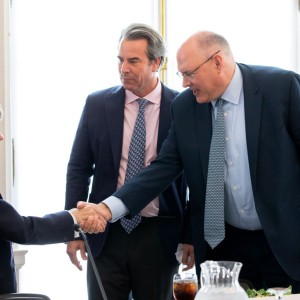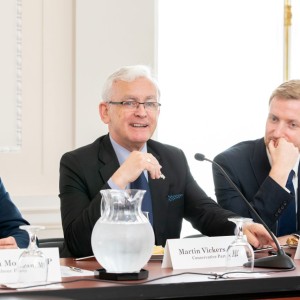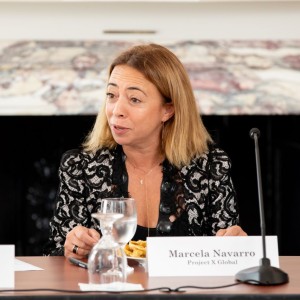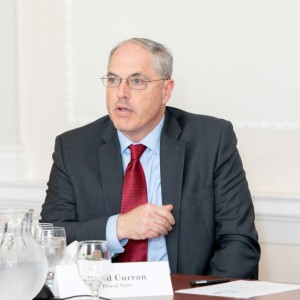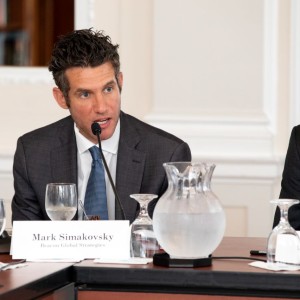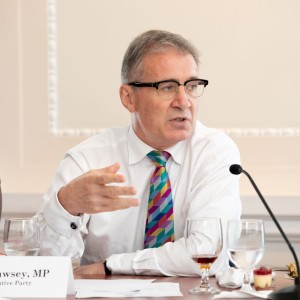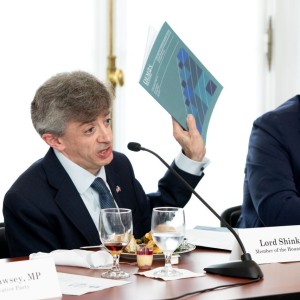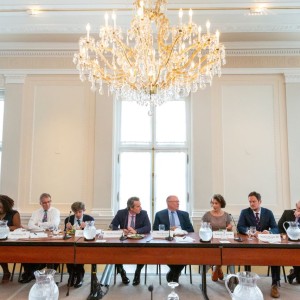The Uncertainty of Trade Negotiations Following Brexit and the Election of Boris Johnson
On July 25, 2019, the Meridian Corporate Council partnered with United Airlines to host seven Members of Parliament and one member of the House of Lords: Sarah CHAMPION (MP), Marsha de CORDOVA (MP), David LINDEN (MP), Steph MORGAN (MP), Mark PAWSEY (MP), Lee ROWLEY (MP), Lord SHINKWIN (House of Lords), and Martin VICKERS (MP). The discussion highlighted the most recent updates on Brexit and unique perspectives on how Members of Parliament are best representing their constituents’ wishes during these turbulent times. The speakers were eager to voice their opinions on the current state of the United Kingdom and changes that are positively and negatively affecting citizens in their home districts.
On Tuesday, July 23, 2019, Boris Johnson was officially sworn in as the new Prime Minister of the United Kingdom. The successor to Theresa May has assumed the brunt of the responsibility of handling Brexit. A new Prime Minister and the scheduled recess of Parliament presents challenges for a strained relationship.
Both sides will have an immense workload to manage if they hope to strike a deal by October 31, 2019, to avoid a feared no-deal Brexit scenario. Johnson will receive most of the credit or blame for whatever outcome is reached on October 31, 2019. The new Prime Minister appears confident, promising during his victory speech that he will “deliver Brexit, unite the country, and defeat Jeremy Corbyn.”
In June 2016, the results of a referendum were released with a final vote of 51.9 % to 48.1 %, with “leave” garnering the most support. With more than 66 million citizens in the United Kingdom alone, the pressure is on the members of Parliament to support their constituents. During the discussion, some members of Parliament detailed that in their home districts, they have up to 80% of the population voting to remain or leave respectively. With such high percentages, voting to either stay or leave has aided in the increasing political polarization that has developed in the United Kingdom, prolonging Brexit. However, Prime Minister Boris Johnson appears to have his mind made up, promising that the UK will leave the European Union on October 31 with or without a deal, making the future of trade negotiations uncertain.
Sponsor
Project summary
| The Uncertainty of Trade Negotiations Following Brexit and the Election of Boris Johnson | July 2019 | |
|---|---|
| Number of Visitors: | 8 |
| Number of Attendees: | 25 |
| Regions: | Europe and Eurasia |
| Countries: | United Kingdom |
| Impact Areas: | Business and Trade |
| Program Areas: | Diplomatic Engagement |
| Partners: | Private Sector |
